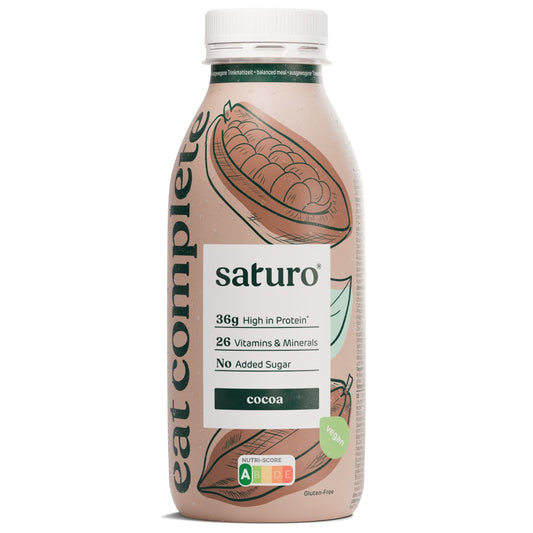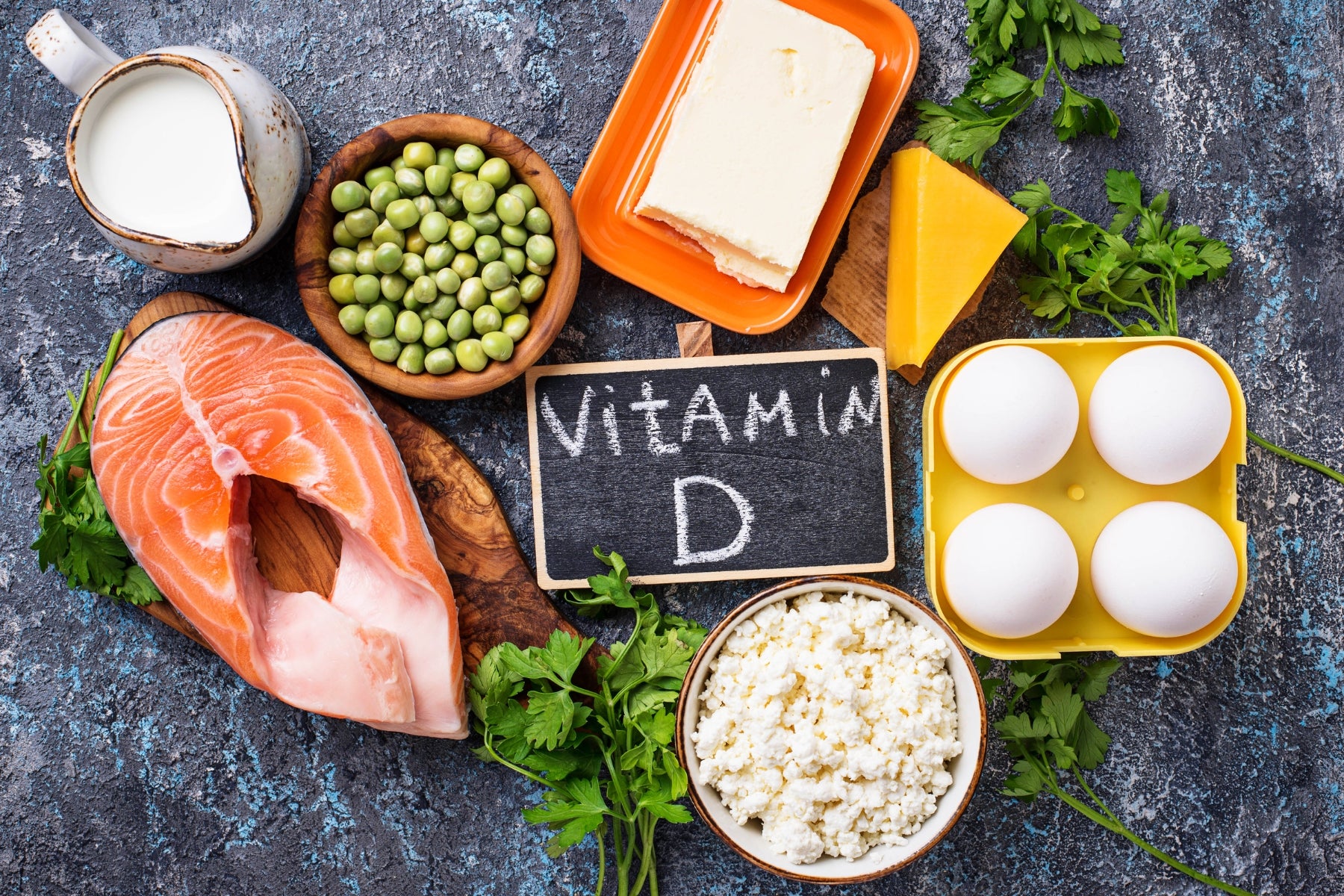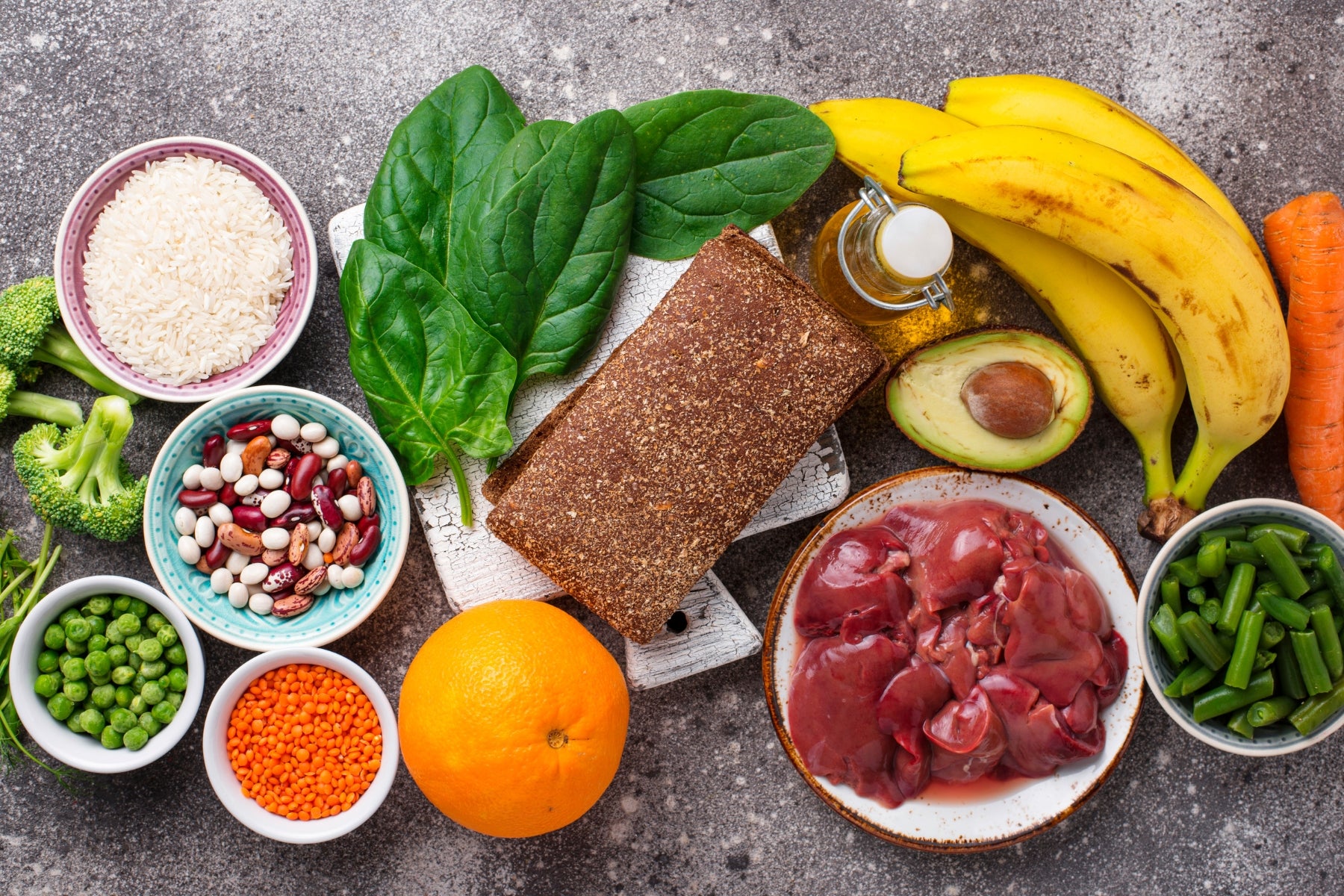Contents
1
What is vitamin C deficiency and how much vitamin C do you need every day?
2
Vitamin C deficiency symptoms
3
Causes of vitamin C deficiency
4
Vitamin C in food
Vegan vitamin C sources
Animal vitamin C sources
Drinking meals against vitamin C deficiency
Contents
1
What is vitamin C deficiency and how much vitamin C do you need every day?
2
Vitamin C deficiency symptoms
3
Causes of vitamin C deficiency
4
Vitamin C in food
Vegan vitamin C sources
Animal vitamin C sources
Drinking meals against vitamin C deficiency
Vegan vitamin C sources
| Vegan vitamin C sources | Vitamin C content per 100 g |
|---|---|
| 1. Acerola | 1677 mg |
| 2. Green chili peppers | 242 mg |
| 3. Guave | 228 mg |
| 4. Yellow peppers (raw) | 183 mg |
| 5. Black currant | 181 mg |
| 6. Green peppers (fried) | 177 mg |
| 7. Red peppers (cooked) | 171 mg |
| 8. Red chili peppers | 143 mg |
| 9. Kale (raw) | 93 mg |
| 10. Kiwi | 92 mg |
Animal vitamin C sources
| Animal vitamin C sources | Vitamin C content per 100 g |
|---|---|
| 1. Mussels (cooked) | 22 mg |
| 2. Fischrogen (cooked) | 16 mg |
| 3. ham (roasted) | 14 mg |
| 4. Mussels (cooked) | 13 mg |
| 5. Lamb liver (fried) | 13 mg |
| 6. Austern (cooked) | 12 mg |
| 7. Inkfish (cooked) | 8 mg |
| 8. Krabbe (cooked) | 7 mg |
| 9. Wellhorn snails (cooked) | 6 mg |
| 10. Calamari (fried) | 4 mg |





